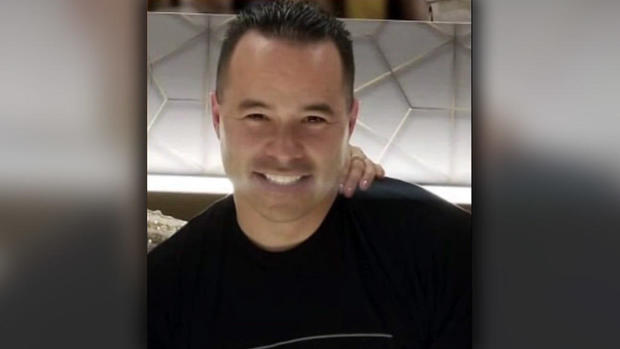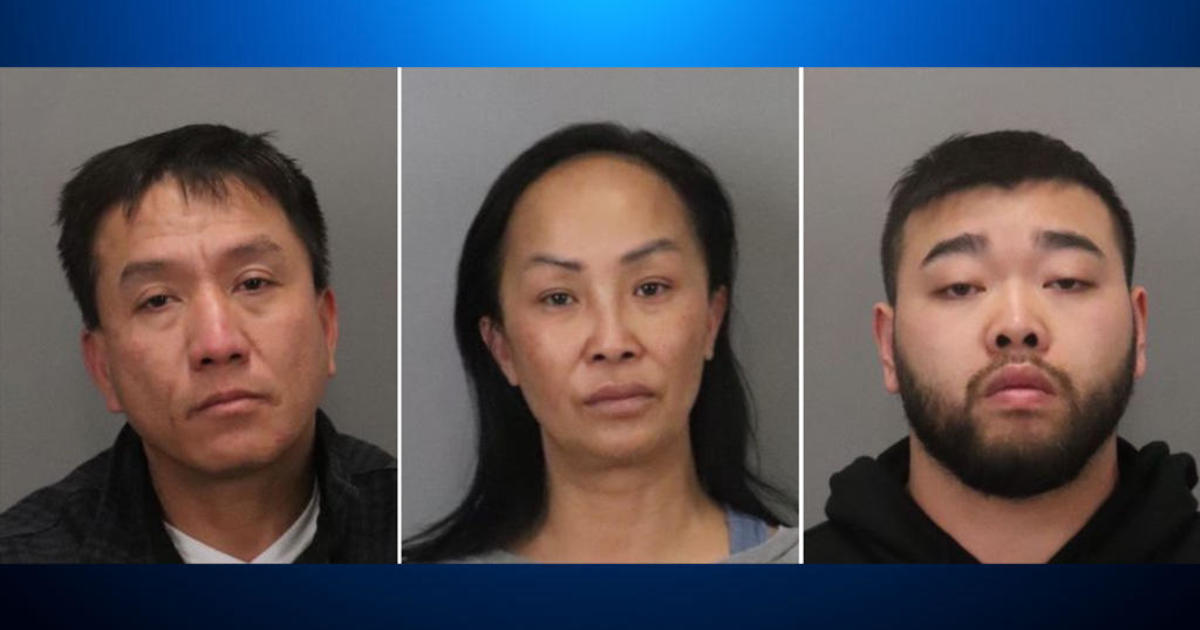SF Chinatown residents victimized in $39 million Ponzi scheme involving Warriors tickets
SAN FRANCISCO -- More than 100 victims are tied up in a $39 million Ponzi scheme run by 41-year-old Derek Chu of Alamo, according to federal prosecutors.
He was arrested May 2 and indicted for running a scheme and spending at least $7 million to fund his own lavish lifestyle. He is accused of conning victims to invest in a fake scheme to buy and resell tickets and luxury suites at Oracle Arena, Staples Center and Chase Center between 2013 and 2020.
The indictment alleges that Chu lured unwitting investors by making materially false misrepresentations, including how the investor funds would be used, and how investors would be repaid.
"Chu commingled the investors' money between his own personal accounts and his companies' accounts, which resulted in investor money being used to repay other, earlier investors, and for other unrelated expenses," federal prosecutors said in a press release.
Many of the victims are from San Francisco's Chinatown, according to attorney Jaynry Mak, who represents about a dozen victims.
Kingsley, as he prefers to be called for this story, spoke to KPIX reporter Betty Yu on behalf of his mom, a San Francisco resident, who is out more than $3.5 million.
"My mom had to go through all that, she didn't speak English. She had to go through all that while being in shame, being embarrassed, but today, with everything that has transpired, she has really realized that it really isn't about the money anymore," he said. "It's about getting these guys here and it's really not our time to be scared. They should be scared now."
Mak, the family's attorney, filed lawsuits against Derek Chu, Suitelife Norcal LLC, and his father Felix Chu, a longtime family friend and well-known life insurance agent in Chinatown, who has since retired.
"Closer to 2016 is when all the money deals started happening, where it'd start out as, 'Hey, if you give me some money I can give you some interest, right? 11%, 18%.' Sounds really good," said Kingsley. "So in the beginning the amounts were in the thousands and it was alright, and Felix would pay it and it was pretty consistent, he's kind of building his credit, and then after that it started climbing up to tens of thousands, hundreds of thousands, and later it involved the sale of a property, that took it to the millions."
But then Kingsley said the interest payments slowed and then stopped coming altogether. That money was diverted for Chu's personal benefit, according to federal prosecutors.
"A significant amount of these funds went towards paying his own personal credit card bills, toward luxury cars such as Porsches, jewelry, designer sneakers and handbags...while these victims gave them their entire retirement funds, cashed out their 403B accounts," said Mak.
Mak filed an initial police report in 2019, when SFPD began investigating. Soon after, more victims shared similar stories with Mak.
"These are like mom and pops; the former victim, his mom was a garment worker. The other victims, they're restaurants they're really saving their nickels and dimes," she said. "We've had victims that were extremely suicidal which we fortunately have been able to work through. We had another victim who had a heart attack and has subsequently passed which we believe is related to this."
She also shared typical promissory notes signed by Derek and Felix Chu.
"The promissory notes were simple one-page documents with no collateral. It was built on trust. It was based on relationships of 30 years. People that they considered uncles or second fathers. The promissory notes are so generic, it's basically equivalent to a handshake," she said.
Chu has been charged with eight counts of wire fraud and three counts of money laundering. Each wire fraud count carries a maximum sentence of 20 years in prison and a $250,000 fine. Each money laundering count carries a 10-year sentence and a $250,000 fine.
"You got the Warriors, you got Giants, or Lakers, whatever. You throw in those brand logos on it, this person must be trustworthy, right? He works with big logos, and the fact that he associated Warriors with it probably helped his cause," said Kingsley. "And luxury stuff, I hope he enjoyed it. It's come to an end."
Prosecutors are also urging other victims to come forward.
"If you're first generation and above, be there for your parents," said Kingsley. "If your parents are immigrants here, chances are they don't know a whole lot. Hard work is all they know. And they accumulate this wealth and if you see that they know someone that they really, really trust that they know outside the family and you don't seem to know, that's probably a red flag."
Chu's next appearance in court is scheduled for May 10th.





